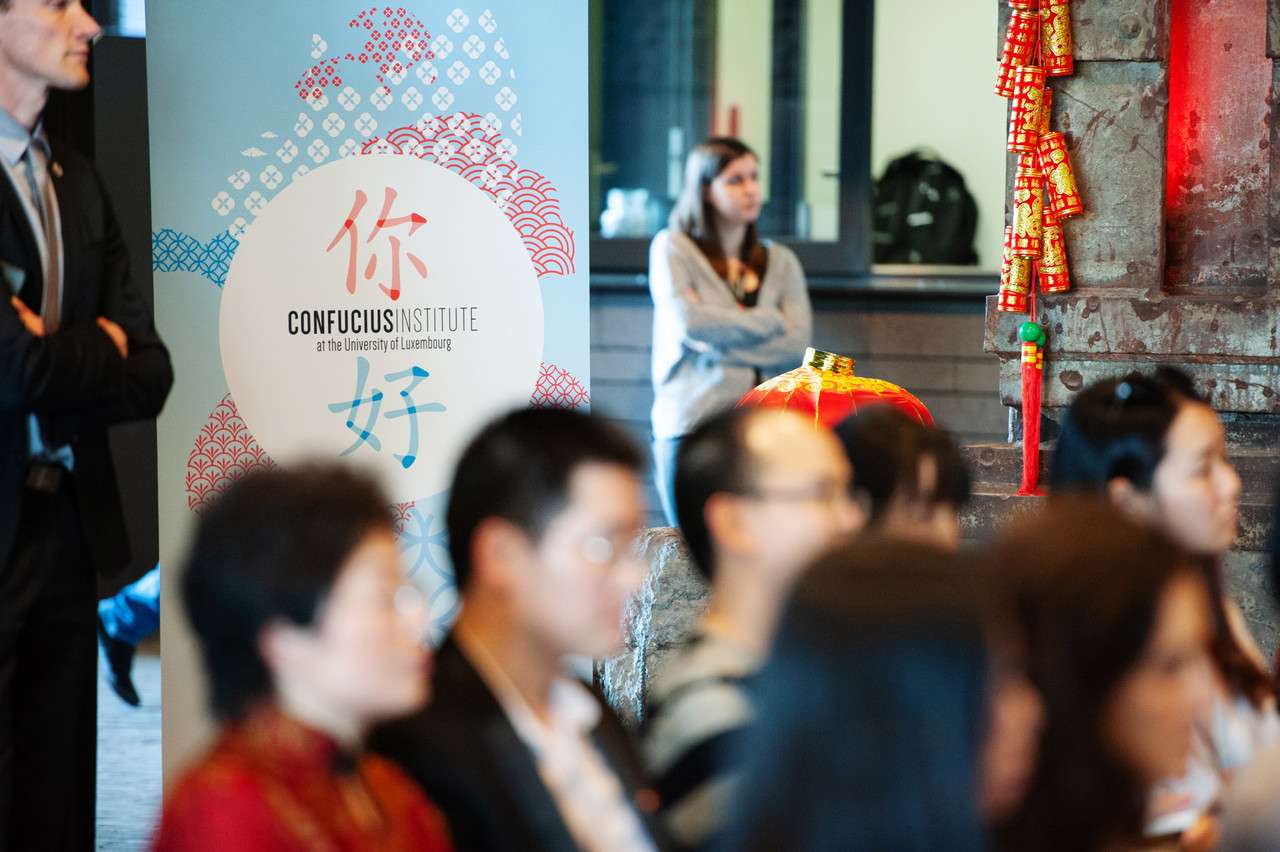The Dutch government this month announced plans for stricter vetting of international students over national security fears, and the risk of the transfer of advanced technology, in particular to China.
Education minister Robbert Dijkgraaf told the Financial Times that the government is establishing how many Chinese Scholarship Council (CSC) researchers there are in the Netherlands.
Recipients of the grant must swear allegiance to the Communist party, report to the Chinese embassy where they study and return to China within two years of completing their degree.
“Currently, none of the students from China registered at Uni.lu have given a CSC scholarship as their financial support to study here,” a University of Luxembourg spokesperson said in an email.
“Incoming students are selected based on academic merit, so if they can demonstrate financial capability to live here, the university does not necessarily enquire about scholarships.”
The ministry of higher education and research, too, said that it does not keep statistics on the scholarships granted by foreign countries or institutions to students in Luxembourg, regardless of nationality.
Students from China, it said, are screened in the same way as other third-country nationals. “There are no special procedures.”
Confucius crackdown in Europe
The Dutch Knowledge Security Screening being developed will map out risk areas and sensitive technologies, but Dijkgraaf said it didn’t aim at discouraging cooperation with Chinese universities.
Dijkgraaf’s predecessor, Ingrid van Engelshoven, in 2021 had urged universities in the Netherlands to cut ties with China’s Confucius Institutes over concerns of influence-taking and restrictions on academic freedom.
The Confucius Institute at the University of Luxembourg this year celebrates its fifth anniversary. The institutes promote Chinese language and culture but have faced criticism as propaganda arms of the Beijing regime.
The Vrije Universiteit Brussel (VUB) in 2019 said it would close the Chinese state-backed centre after the director was accused of spying for Beijing. Sweden and Norway closed their Confucius Institutes in 2020. Germany in October 2021 said the centres should be reassessed after pressure to stop China-critical events at universities hosting them.
Luxembourg’s centre was opened in partnership with Fudan University, one of China’s best ranked higher education institutions. Fudan in 2019 struck freedom of thought from its charter, instead enshrining loyalty to the Communist Party.
“Monitoring the situation”
“There are several ongoing partnership agreements on academic cooperation and exchange with universities in China,” the University of Luxembourg spokesperson said.
For example, the Guillaume Dupaix scholarship--funded by the higher education and foreign ministries--supports two students from Renmin University and a doctoral candidate from a Chinese university.
The university lists Fundan, Shandong, Zhejiang and two universities in Hong Kong as global student exchange destinations for students from Luxembourg. At the start of the 2022-2023 academic year, there were 116 students of Chinese nationality, including those with dual citizenship, registered at the University of Luxembourg.
The Luxembourg institution has not ended existing collaborations, it said. “However, it is monitoring the situation and at this moment is not in the process of starting new collaborations with China.”
The Trump administration in the US in 2018 launched the controversial China Initiative to tackle espionage in research and technology. The initiative was scrapped over racial profiling concerns in 2022, but measures remain in place to investigate researchers from countries of concern, including China.
Australia in 2019 launched the University Foreign Interference Taskforce. Japan in 2020 tightened visa checks for Chinese students and researchers. The UK’s MI5 last year warned business and universities about spying risks while the Swiss National Science Foundation in December 2022 paused funding for research promotion programmes with China.
